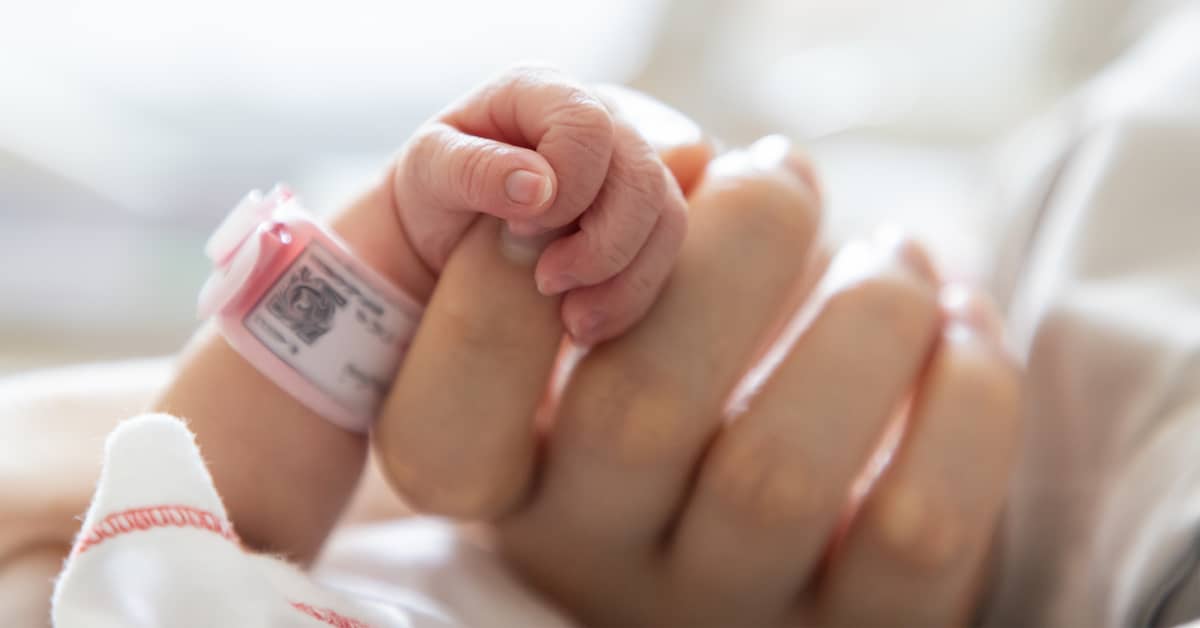
If your child was harmed before, during, or immediately after birth, it is important to understand when a birth injury is the result of medical malpractice. Birth injuries can drastically change newborns’ and new parents’ lives. While some birth injuries are unpreventable, many result from medical malpractice. Mistakes during pregnancy, labor, and delivery can all lead to injuries that could—and should—have been avoided.
So, how do you tell if your newborn’s birth injury is the result of medical malpractice?
Determining if a birth injury is the result of medical malpractice isn’t easy. Even if it seems readily apparent that your doctor or other healthcare provider made a mistake, there could still be other factors at play. When you file a medical malpractice claim, your healthcare provider’s insurer will almost certainly argue that this was the case. But, there are ways to prove malpractice, and the first step is to engage an experienced law firm to represent you and your family.
Medical malpractice can take many different forms. When a doctor or other healthcare provider makes a mistake during pregnancy, labor, or delivery, the consequences can be devastating. Even when a birth injury can be treated, it can still lead to lifelong effects—and these effects can lead to substantial costs for the newborn’s family.
The following are among the most common forms of medical malpractice that can result in birth injuries:
Diagnostic errors are among the most common forms of malpractice in all medical scenarios. During pregnancy, misdiagnosis, delayed diagnosis, and failure to diagnose maternal and fetal health conditions can all lead to preventable birth injuries. Despite today’s medical technology, which allows for accurate and timely diagnoses in most circumstances, diagnostic errors remain among the most common causes of birth injuries in the United States.
In some cases, it isn’t a failure to diagnose that leads to a birth injury, but rather a failure to treat. A diagnosis is only helpful if it leads to appropriate medical treatment. If a doctor fails to provide appropriate treatment recommendations or timely administer appropriate treatment to an expecting mother or fetus, this can lead to a preventable birth injury as well. While taking a wait-and-see approach may make sense in some circumstances, doctors need to be able to determine when medical intervention is necessary.
Monitoring the mother’s and fetus’s health condition can be critical during many stages of pregnancy, labor, and delivery. When monitoring is necessary, failure to monitor constitutes medical malpractice. Here, too, doctors and other healthcare providers generally have the tools they need to provide adequate care. When they fail to make use of these tools, they can—and should—be held accountable for the consequences of their negligence.
Under certain circumstances, a C-section delivery can become necessary to protect the health of the fetus. If a doctor fails to recommend a C-section delivery when necessary, this can also constitute medical malpractice. Expecting mothers need to be able to rely on their doctors to help them make informed decisions—and, if a doctor fails to timely recommend a C-section, an expecting mother may never have the chance to make the right decision to protect her child.
Protecting the fetus’s oxygen supply is essential during pregnancy, labor, and delivery. An inadequate flow of oxygen to the fetus’s brain can lead to numerous types of life-altering—and in some cases life-threatening—birth injuries. Once again, adequate monitoring is essential, and doctors and other healthcare providers must be prepared to intervene promptly when necessary.
From anesthesia and medication errors to improper use of forceps and vacuum extractors, many other types of errors during labor and delivery can lead to birth injuries. All healthcare providers involved in a baby’s birth should be capable of providing appropriate medical care, and they should know how to avoid mistakes that have the potential to cause long-term or permanent harm.
Again, these are just examples. Birth injuries can result from many other forms of medical malpractice as well—and, if you have any concerns about the care that you, your spouse or partner, or your child received at any point in time, you should consult with a lawyer promptly. If your child’s birth injury is the result of medical malpractice, you may be entitled to significant financial compensation, and recovering this compensation could be essential to your child’s health and your family’s financial well-being.
If your child was injured due to negligence, you may be entitled to financial compensation for the losses sustained by you, your baby, and your family. With offices in Chicago and Oak Park, we represent patients and families in medical malpractice cases throughout Illinois.
For a FREE, no-obligation consultation, call (708) 358-8080 or send us a message online today. We serve clients throughout Illinois, including Chicago, Oak Park, Rockford, and other areas.